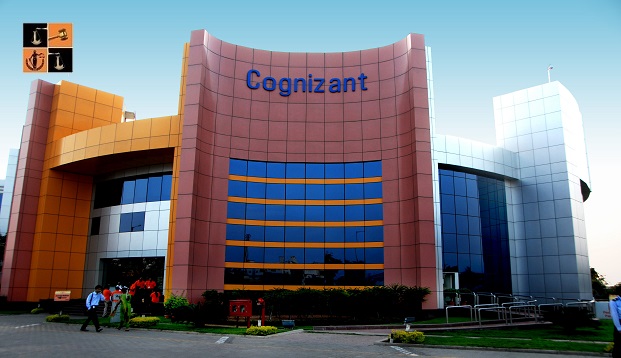A US court has declined to set aside a lawsuit against Cognizant for defrauding the government's visa programme.
The lawsuit accuses the IT major of bringing workers to the US using business or intra-company visas, instead of using the more expensive H1-B work permits, The Economic Times has reported.
The lawsuit has been filed by a former executive under the False Claims Act (FCA), the report said.
Jean-Claude Franchitti, a former assistant vice president of the Teaneck, claimed Cognizant applied for the L-1 and B-1 visas for its foreign employees, thereby paying lower for visa costs.
United States District Judge for the District of New Jersey, Peter Sheridan, said last week that Cognizant has an obligation to pay the appropriate fee for the visa privileges, the report said.
The judge said that while Cognizant has not violated any tax laws, it may have violated immigration laws.
"By paying for L-1 and B-1 visas but directing its employees to perform work that required the more expensive H-1B visa, Cognizant decreased—and made false statements material to—its obligation to pay money to the government," the judge said in the order.
"The internal email correspondence submitted by Franchitti is plausibly sufficient to allege that Cognizant committed this violation knowingly. Finally, Cognizant’s false statements are material because if it accurately represented the nature of its employees’ work, its visa applications would likely have been rejected or its employees’ visas revoked, consistent with USCIS policy and practice," he said, as quoted by The Economic Times.
Multinational corporations hire foreign employees through the H1-B visa for non-immigrant skilled professionals. Indians are among the biggest beneficiaries of this work permit, getting a large chunk of the 85,000 H1-B visas issued each year.
Only the headline and picture of this report may have been reworked by the LatestLaws staff; the rest of the content is auto-generated from a syndicated feed.
Source Link
Picture Source :


























